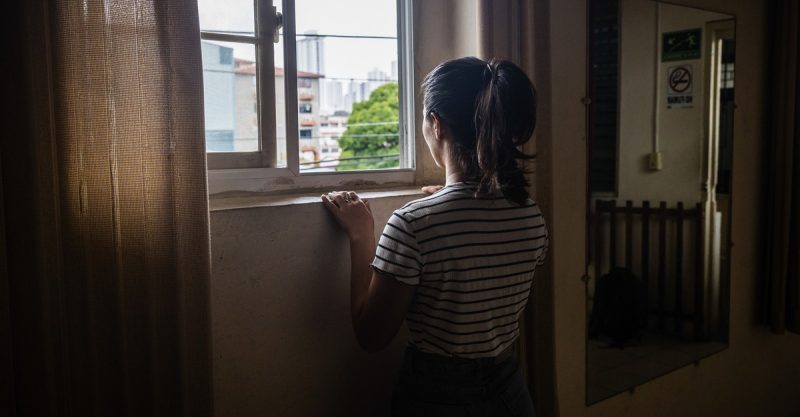
The Decapolis Hotel, a sleek glass tower in Panama City, usually advertises spacious suites and ocean views. However, in mid-February, its luxurious lobby transformed into a scene far removed from its typical clientele. It became a temporary holding facility for nearly 300 deportees, the first wave of migrants sent to Panama under a controversial third-country deportation agreement initiated by the Trump administration.
These individuals, many of whom had hoped to seek asylum in the United States, found themselves unexpectedly stranded in Panama. Their journey, intended to end in America, instead led to a precarious situation, confined within the hotel’s repurposed rooms, with police officers stationed in the hallways. Desperate messages, scrawled in lipstick on the hotel windows, pleaded for help, a chilling testament to their plight.
The deportees faced a difficult choice: return to potentially dangerous home countries or navigate the complexities of seeking asylum in Panama, a nation with its own immigration challenges. The situation highlights the ethical and logistical complexities of such agreements, leaving many questioning the long-term implications for the migrants involved and the countries involved in these deportation processes. The images of individuals confined to hotel rooms, their hopes dashed, serve as a stark reminder of the human cost of these policies.
One Iranian woman’s desperate plea, “HELP US,” written in lipstick on the hotel window, encapsulates the desperation felt by many. Their stories underscore the urgent need for a more humane and effective approach to international migration and asylum claims, offering a critical lens through which to examine the humanitarian consequences of these agreements. The future remains uncertain for these individuals, caught in a legal and logistical limbo, far from their intended destination and struggling to find a place to call home.










